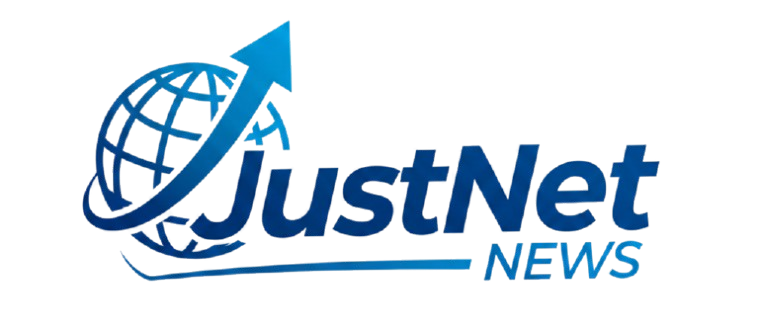
The Nigeria Civil Aviation Authority (NCAA) has firmly dismissed allegations made by Senator Orji Uzor Kalu regarding the safety and professionalism of Nigerian pilots, including claims of substance abuse and inadequate regulatory oversight.
In a detailed response issued by the Director General of Civil Aviation (DGCA) Capt. Chris Najomo, the Authority described the Senator’s comments as misinformed and not reflective of current aviation standards and practices in the country.
“No pilot operates a Nigerian aircraft without undergoing rigorous medical and professional screening. Our processes are globally benchmarked and compliant with International Civil Aviation Organisation (ICAO) standards”, the statement read.
Strict Medical and Licensing Checks
According to the NCAA, all Nigerian pilots are subject to stringent licensing and medical certification procedures. Pilots must hold a valid licence and a current Class 1 Medical Certificate issued only after a comprehensive examination covering physical, mental, and psychological fitness.
Medical certificates are renewed every six months for pilots aged 40 and above, and annually for younger pilots, ensuring continuous monitoring of their health and capability.
Zero Tolerance for Substance Abuse
Refuting allegations of drug use among crew members, the NCAA highlighted its strict policy on substance use. Regulations prohibit pilots from operating within eight hours of consuming alcohol or while under the influence of any psychoactive substances.
The Authority carries out both random and targeted drug and alcohol tests on flight crews. Any violations lead to immediate disciplinary action, including licence suspension or revocation.
“We have a zero-tolerance policy when it comes to safety violations”, Najomo emphasised. “As recently as August 2025, a ValueJet pilot was suspended for initiating takeoff without proper clearance”
Daily Inspections and Real-Time Oversight
The NCAA also pointed to its routine ramp inspections at all major airports, where inspectors verify pilot credentials, medical fitness, and aircraft readiness. These daily checks, it said, are part of a broader framework to ensure operational safety across the board.
Autopilot Misconceptions Addressed
Reacting to Kalu’s assertion that modern aircraft “take off and land automatically”, the NCAA clarified that all take-offs in Nigeria are done manually, and while some aircraft are equipped with autoland features, they still require pilot supervision.
Moreover, Nigeria currently lacks the Category III (CAT III) airport certification necessary for fully automatic landings under low-visibility conditions, meaning all landings in the country are pilot-executed.
Global Safety Compliance
The NCAA reaffirmed that Nigeria’s aviation safety system has consistently passed ICAO safety audits and remains among countries with an effective aviation oversight structure under the Universal Safety Oversight Audit Programme (USOAP).
Call for Constructive Engagement
While the NCAA acknowledged Kalu’s right to raise concerns, it stressed the importance of basing public discourse on verifiable facts, especially in sectors as sensitive as aviation.
“The NCAA remains open to constructive dialogue with the National Assembly and stakeholders”, Najomo concluded. “But safety is non-negotiable, and our record speaks for itself”.



